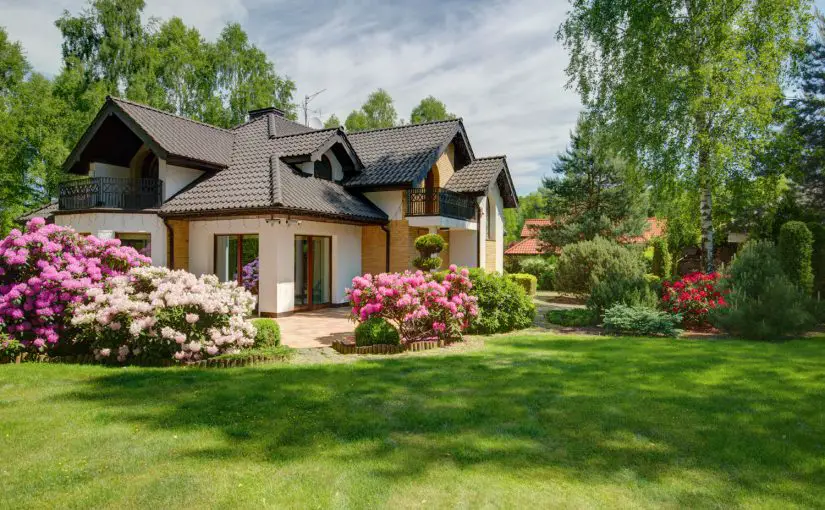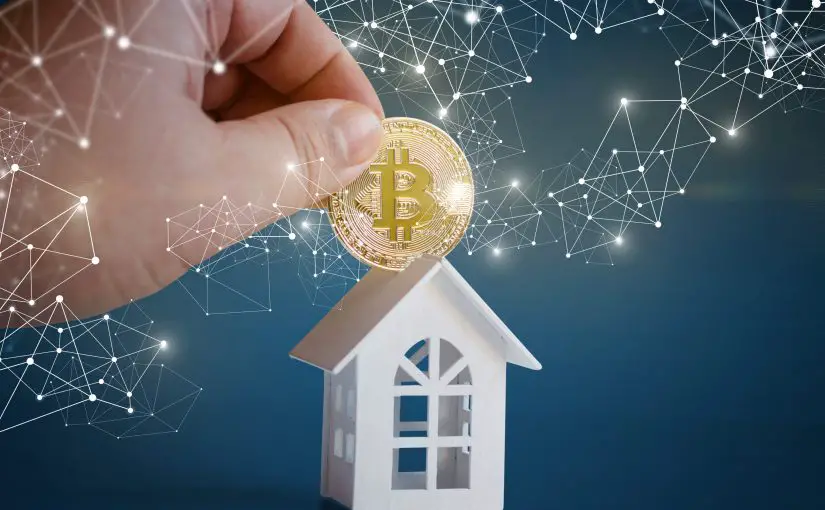One word: Crowdinvesting.
Crowdinvesting already allows small amounts to be invested in the lucrative real estate market.
The Austrian and German property market for example is very popular with investors because all big cities are growing steadily.
That’s due to the fact that more and more people are moving to big cities. In Vienna as an example, it is estimated that in 2029, more than two million inhabitants will live there. However, this is associated with major logistical challenges, most important of all: new housing is needed urgently.
This has triggered a real estate boom in the Austrian capital in recent years. The only problem with this was that without a large sum of money in your hands, participation in this lucrative market was impossible.
Now, however, small investors also have the opportunity to earn money from the real estate boom through crowdinvesting.
The idea behind it: The necessary amount for a housing project is not raised by a single large investor. Rather many investors provide the capital through smaller amounts. In return, the small investors receive high returns.
In order to keep track as an investor, several websites provide a good overview and this as a good source for developments and trends, including for the real estate market. The crowdfunding platforms provide clues and ideas for future investment decisions without spending much time on research and analysis.
This could be interesting for those who want to invest in this market for the first time and have not yet had the overview or the necessary capital.
Passive income through crowdinvesting
Crowdinvesting means that smaller investments in the real estate market can also be made. With some Austrian and German platforms one can already invest small amounts of 100 to 1000 euro.
Here are 2 examples:
Austia – www.rendity.com
Germany – www.exporo.de
In Austria there is no limit for individual investments and in Germany, you can invest up to € 10,000 in a project according to law.
What sounds very simple in theory is not child’s play in practice. The Internet offers a sheer infinite choice of possible investment platforms.
Only a few mouse clicks to the first investment
Once you find an exciting project, it usually only takes a few mouse clicks to complete the investment.
Even though initially only little capital is available, this increases rapidly due to the compounding effect, so you can save a decent amount in just a few years. Also, due to the short maturities, the money still remains available at short notice.
Include total failure of a project
Most crowdinvesting investment properties have a short maturity and carry an annual payout.
At the same time, however, it must also be clear that in the worst case, a total failure of a project can occur. You lost your investment. To avoid this it pays to scatter, so to invest in several objects at the same time.
However, crowdfunding platforms seek to minimize investor risk when complying with the Small Investor Protection Act or Alternative Financing Act (“AltFG”).
Still wanting to prefer to invest in your very own project? Why not start with a small project abroad? Here you can find properties for less than 20,000 EUR:
www.propertyunder20k.com








